Ohana means family
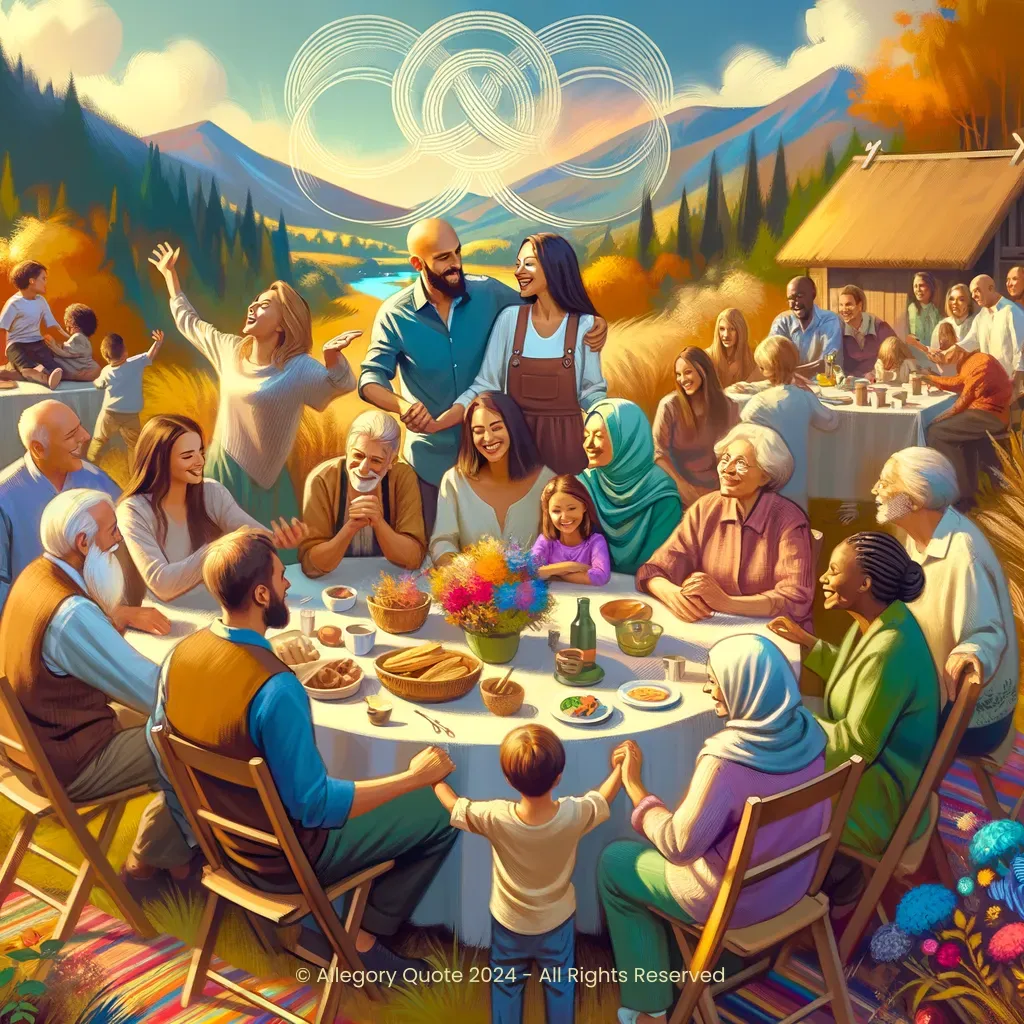
0
0
0
0
- Meaning
- The phrase emphasizes that family is not just about blood relations but encompasses friends, community, and deep emotional connections. It suggests that family provides unconditional support and love, reflecting core aspects of human relationships, belonging, and communal responsibility.
- Allegory
- In this allegorical image, the multi-generational family gathering symbolizes the interconnectedness of different family members, illustrating the broad definition of 'ohana'. The interlocked hands signify unity and support, while the vibrant colors evoke feelings of warmth and inclusion, reflecting both the joy of familial bonds and the overarching message that family is about connection beyond blood.
- Applicability
- One can apply this phrase by fostering a sense of belonging and support in their own families and communities, ensuring that they treat friends as family and provide care and assistance to those they love.
- Impact
- The phrase has had a profound impact by influencing the understanding of family dynamics in contemporary society. It has inspired discussions about the definitions of family and has been adopted by many in various contexts, promoting inclusiveness and love across cultures.
- Historical Context
- The phrase originated with the release of "Lilo & Stitch," which premiered in 2002. It reflects cultural values of Hawaii, focusing on the concept of extended family and community ties beyond immediate relatives.
- Criticisms
- Some criticisms stem from the commercialization of Hawaiian culture in popular media. Arguments may challenge the simplification of complex family structures into a catchy phrase, potentially overlooking the diversity of family experiences.
- Variations
- Variations exist in different cultures; for instance, many cultures have their interpretations of family significance, like the Japanese concept of 'Kazoku' which stresses family unity and respect. In Native American cultures, family often extends to the tribe as a whole, showcasing distinct yet overlapping values.
-
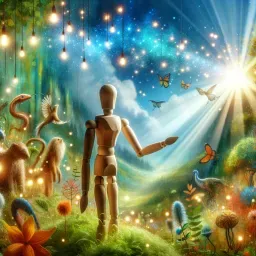
I’m a real boy!
-
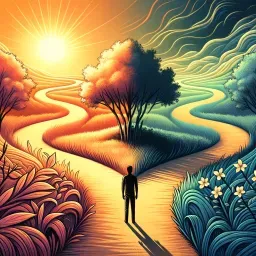
The past can hurt, but the way I see it, you can either run from it or learn from it.
-
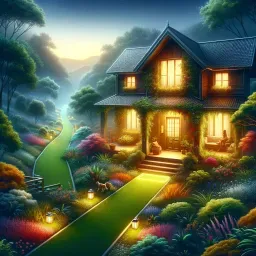
There’s no place like home.
-
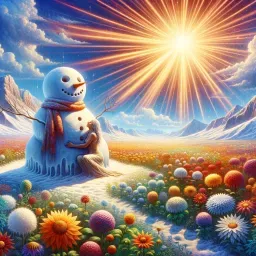
Some people are worth melting for.
-
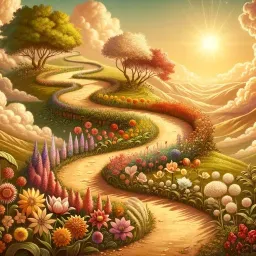
It’s not the destination, it’s the journey.
-
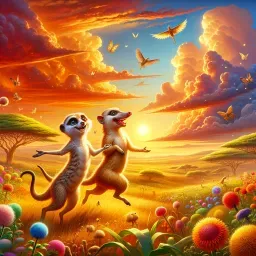
Hakuna Matata.
-
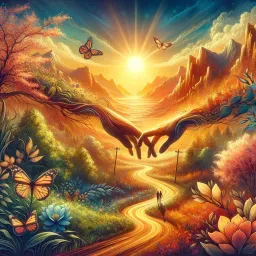
You are my greatest adventure.
-
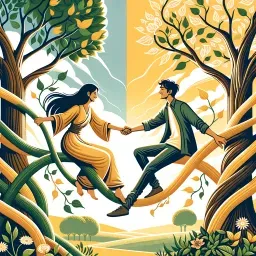
You’ve got a friend in me.
-
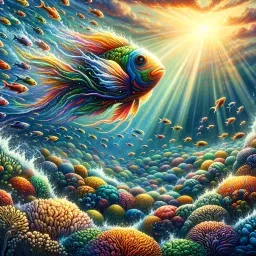
When life gets you down, you know what you gotta do? Just keep swimming.
-
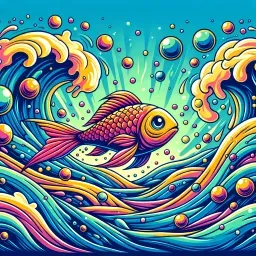
Just keep swimming.
No Comments